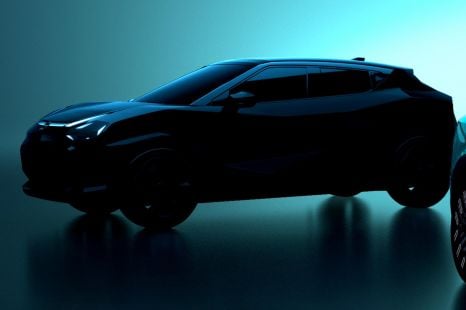

Damion Smy
Nissan Juke EV will use Leaf platform, due in 2026 - report
12 Hours Ago

Contributor
Akio Toyoda has been re-elected as Toyota’s chairman despite numerous scandals across the Japanese giant’s four brands over the past two years.
The grandson of Toyota founder Kiichiro Toyoda retained the position he has held for a year – having previously been president for 14 years – following the carmaker’s latest board election yesterday.
While Toyota is yet to publish approval ratings for its incumbent leader, Reuters reports support for Toyoda-san had fallen from 96 per cent in 2022 to 85 per cent in 2023 – with both figures coming prior to recent events that have put the chairman in the spotlight.
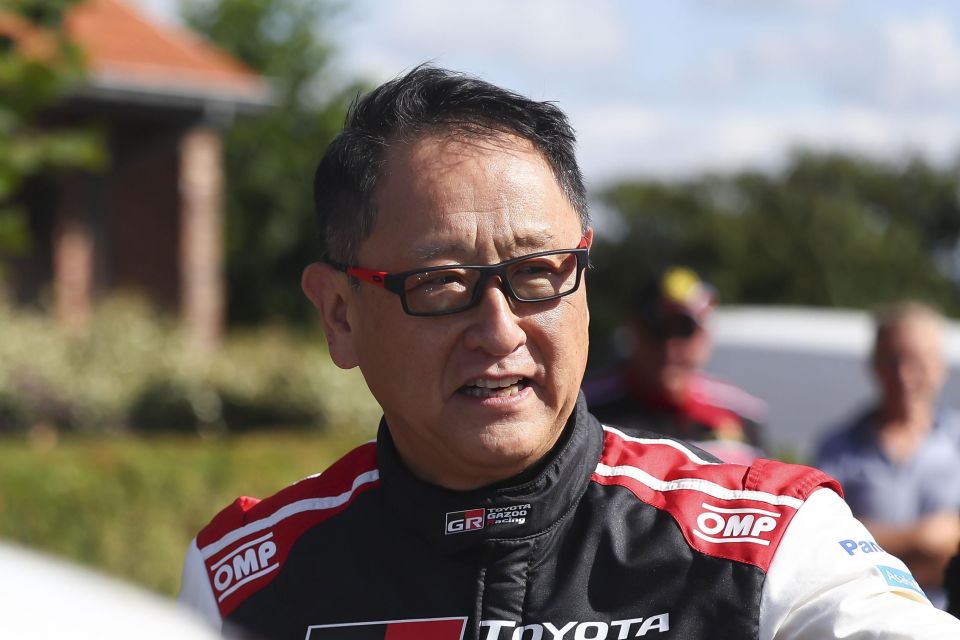
In July 2022, Toyota’s truck division Hino admitted to having falsified emissions data for 860,000 commercial vehicles globally since 2003.
In December 2023, Toyota’s small car specialist brand Daihatsu suspended manufacturing in Japan following the discovery that it falsified safety data and used unauthorised safety testing procedures, dating back to 1989.
In January, Toyota announced it had discovered “irregularities” during engine certification testing of three turbo-diesel engines produced by its subsidiary Toyota Industries Corporation (TICO).
While the carmaker was later cleared of misconduct and certifications for the three passenger vehicle engines weren’t revoked, three of its mass-produced industrial engines for forklifts and other heavy equipment had their certification taken away.
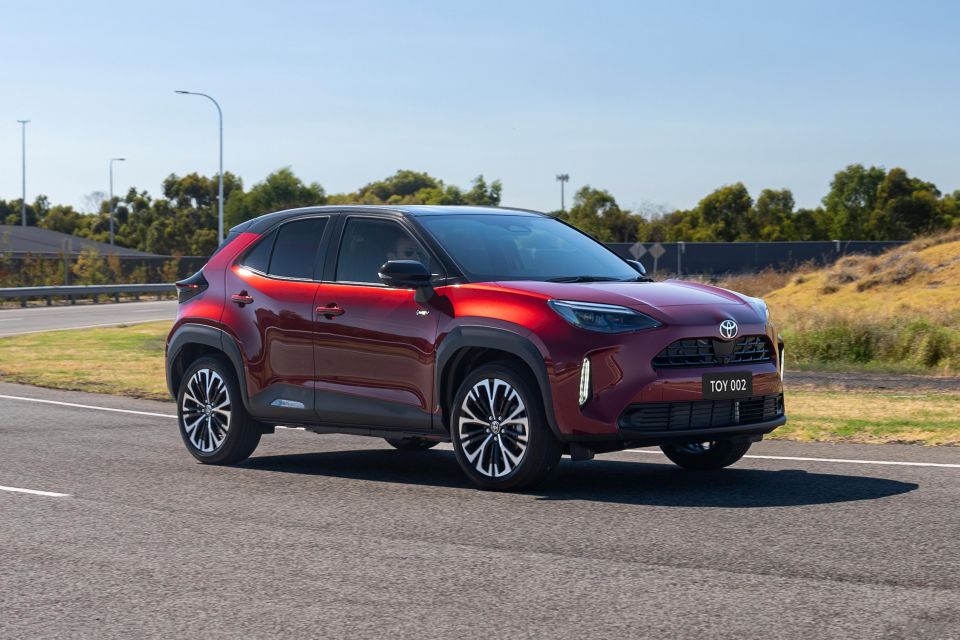
Last month, Japanese government officials raised concerns about Toyota not adhering to certification requirements across multiple past and present models, including the current Yaris Cross.
Toyota claims it had undertaken safety tests which were more stringent than required by the Japanese transport ministry for certification, however it failed to obtain approval to do so.
Australian customer deliveries of the Yaris Cross were briefly suspended but later resumed following confirmation that the small SUV was compliant with certification requirements.
Across all of these issues, both Toyoda-san and Toyota CEO Koji Sato have apologised for the company’s faults.
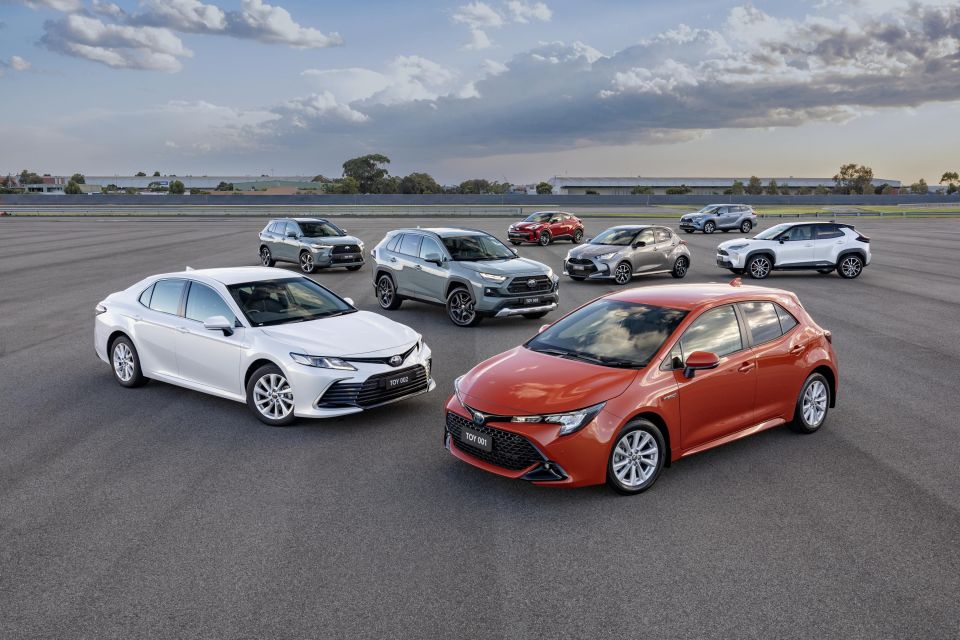
Toyoda-san has also been criticised by some in the automotive industry and the wider population for delaying Toyota’s uptake of electric vehicles (EVs), with many believing the world’s largest vehicle manufacturer should be doing more to cut tailpipe emissions.
Of the record 11,233,039 vehicles Toyota and its subsidiaries sold globally last year, EVs accounted for just 104,018 sales – less than one per cent of its total.
By contrast, hybrids – which Toyota has championed as a more accessible way to cut emissions – contributed 3.42 million sales, close to 30 per cent of its global figure.
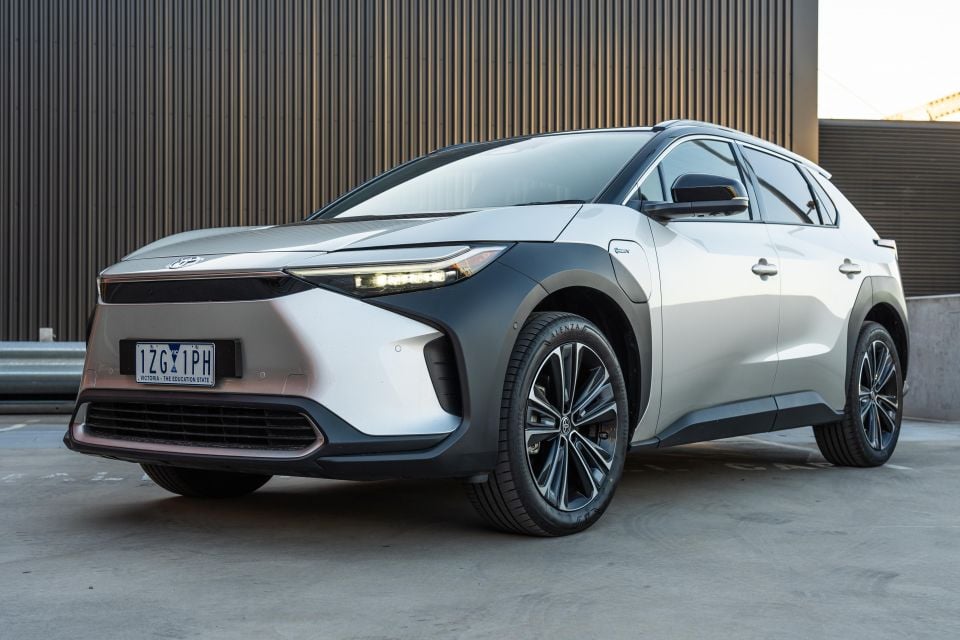
In Australia, Toyota’s hybrid vehicles account for more than half of its sales, with electrified models proving so popular that the carmaker recently announced it would no longer sell petrol versions of any vehicle with an available hybrid drivetrain.
However, it sells just one EV in Australia, the Toyota bZ4X, of which less than 500 examples have been sold since its February debut.
Globally, Toyota has committed to reaching net zero emissions by 2050, though it’s not yet committed to going EV-only by a certain date, instead adopting a “multi pathway” approach which includes investing in hydrogen power – both as a combustible replacement to petrol and in fuel-cell EVs.
According to Reuters, Toyota’s shareholders also rejected a proposal by investors for the carmaker to provide greater disclosure of climate lobbying, which had been opposed by the brand.
MORE: Toyota, Mazda and Subaru commit to petrol power with new engines MORE: Toyota’s global dominance continues, new sales record set
Where expert car reviews meet expert car buying – CarExpert gives you trusted advice, personalised service and real savings on your next new car.
Born and raised in Canberra, Jordan has worked as a full-time automotive journalist since 2021, being one of the most-published automotive news writers in Australia before joining CarExpert in 2024.


Damion Smy
12 Hours Ago
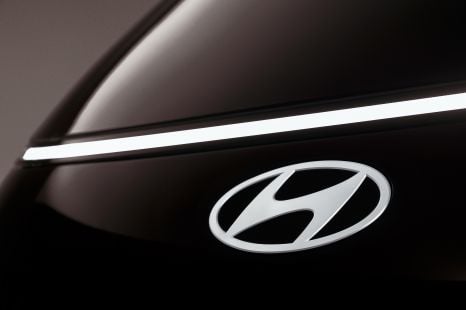

Damion Smy
15 Hours Ago
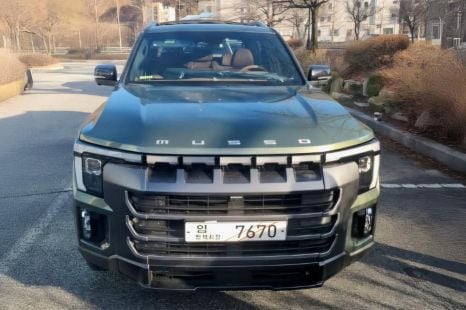

Damion Smy
19 Hours Ago
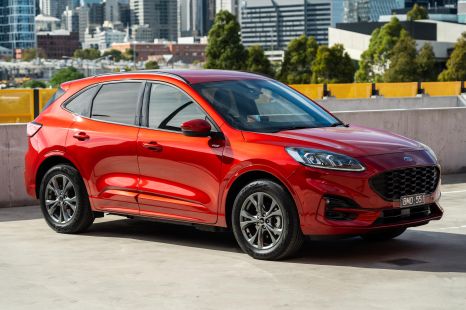

Damion Smy
20 Hours Ago
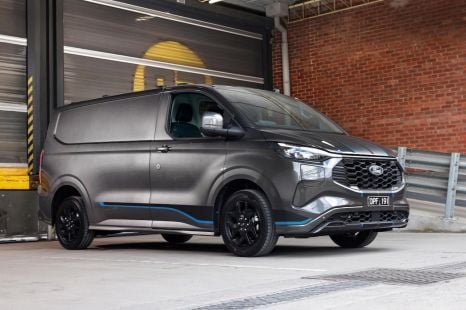

Damion Smy
20 Hours Ago


Damion Smy
21 Hours Ago